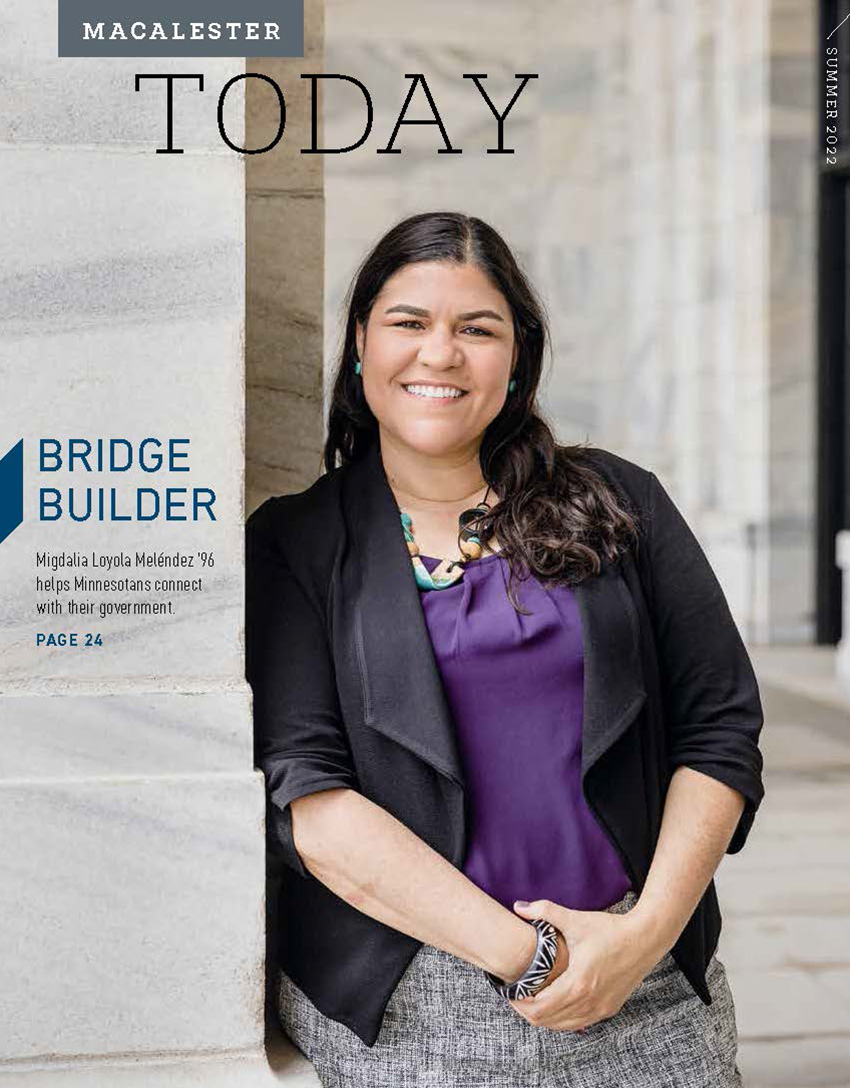
As chief legal officer at ADT, David Smail ’87 is so intentional about leadership development that his colleagues at the smart-home and security company’s Boca Raton, Florida, headquarters have coined his adages “Smailisms.” But that wasn’t always the case. Fifteen years ago, Smail marked a personal and professional turning point when he partnered with the global human resources consulting firm Talent Plus for a leadership assessment and professional coaching. “That experience was the single biggest accelerant to my development,” he says. Today Smail’s approach is a combination of takeaways from that work, reading on the subject (including one especially formative book, The Art of Possibility), and trial and error in his own experiences. We asked what lessons have shaped his perspective.
Focus on what people do best.
I make a better team when I focus on building each person’s strengths, rather than eliminating weaknesses. If someone excels at one task, but struggles with another, get them to focus on what they do best—and find someone else who does well at the other task. For example, if someone is really uncomfortable presenting in front of large groups but has a role that requires it, instead of trying to turn them into a better public speaker, find a workaround such as handing that task to a colleague who’s a terrific presenter. In a similar spirit, we focus on the power of success, and start out meetings by sharing recent successes.
Mentor for the big picture.
I didn’t have mentors early in my career, and that’s why I view my role as leader as at least part coach and mentor. I have an annual career investment discussion with each of my eight direct reports where we talk about not what’s going on, but where they are in their career, what they’re learning, how they’re growing, and what they want to learn. We talk about how much of their time is spent doing things that they both enjoy and are good at, and how I can help them achieve their goals. Then I push that down: I asked each of them to have those discussions with their reports.
Everything hinges on relationships.
When I was younger, I was way too focused on designing the “perfect” career path with the arrogance of actually believing that I could ever know what that is. As a result, I was more focused on my resume than relationships. But behind every project, every contract we work on, is a relationship. Today I focus on the relationships. You can’t develop trust without relationship, and without trust, you can’t get anything accomplished in leadership. No matter what your career is, the sooner you understand that, the better.
Think before you click send.
We over-rely on email, and I understand why: You can fire off a message and cross a task off your list. And I’m guilty of it, too—I’ve emailed people who sit next to me. But I ask my team to try to avoid it. Get up, go sit down in someone’s office, and talk.
I wish I could set up a system where you’d have to click through screening questions before you could send an email: First, of course, would you like to see this email on the cover of the Wall Street Journal? But also: Is email the best way to communicate this concept? And is this email going to enhance your relationship with the recipient?
Stay open to change.
Initially at Macalester, I thought I wanted to major in chemistry, but ended up studying French and biology. I was premed until the fall of senior year, after my semester abroad in France convinced me that I wanted France to be part of my career. I realized that it wouldn’t be an easy road to train to be a doctor in the United States, then go through the requirements again in France. But I knew American lawyers who practiced in Paris without going through French law school, and my parents and others had long encouraged me to think about being a lawyer—I had never really met an argument that I didn’t enjoy!
Thanks to my French studies, I backed into a law career at the last minute, and spent almost half of my career living and working in France. And I wouldn’t change a thing. That’s one message I tell current students: Keep an open mind, and pay attention to what excites and inspires you.
July 18 2022
Back to top





